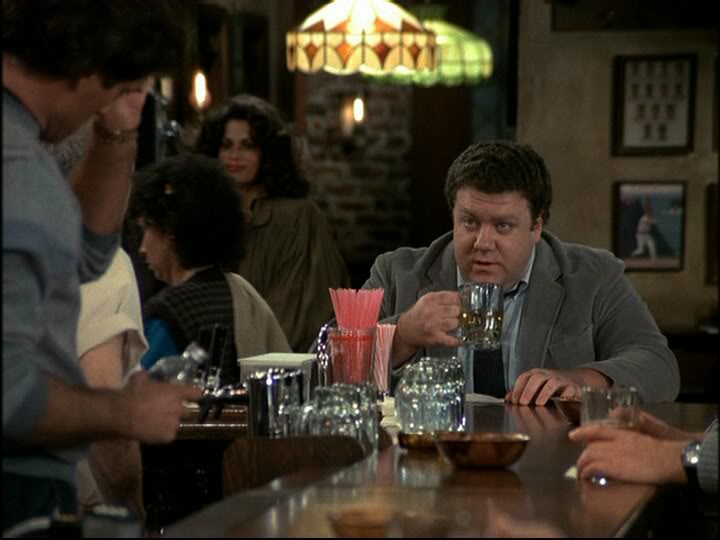I have set the record straight about the OP linked article never suggesting that widespread unrest and society collapse will accompany the hard time and high inflation ahead, which it does predict.
I felt that I needed to do that, because I took off with Audrey's comment about us living under a bridge, then so many joined in that the original article was not discussed and the thread's theme was subverted. Part of the reason was also the OP's choice of thread title, which conjured doomsday or Mad Max scenarios in the reader's mind.
But now that things have come to pass, and there has not been any further post, I'd like to add something that is out of topic.
Yes, people instinctively know that they need to form some bonds with some other fellows, at least their temporary neighbors, in order to enhance their survival. In the Mad Max movie series and any other disaster movies, we always see the survivors organize themselves into a group, sometimes to face their adversaries which also form a band. This is quite plausible, and indeed happens in real life already in the form of neighborhood watch or vigilante groups to deal with thieves and gangs.
When it comes to the major upheavals like the ones you listed, it is different. In these great political disturbances or revolutions, an individual would not know how to plan or to protect himself, if that is even possible. Each of those was a unique situation, and no-one could really predict how history would unfold. There were so many factors at play, so many actors. I am thinking of events such as the French Revolution, the Russian Revolution, or the Holocaust. Yes, the nations did survive and the people did regroup. But for the individuals, survival was a hit or miss. How could one plan for events like that?
For example, one of my favorite movies is Dr. Zhivago. Another is The Killing Field. Both depict real history. The main character in the first movie is fictional, while he is real in the second movie. People in the US have not been through such a war, and with the US being an isolated country, there is no reason to fear such risk. However, put yourself in the place of the main characters of the above movies and you would feel the true helplessness of the individual, whose survival is as haphazard as a coin toss.
 I haven't personally tried that, er, delicacy but there are plenty of them in the canal. Rats, too!
I haven't personally tried that, er, delicacy but there are plenty of them in the canal. Rats, too!  Maybe I could become a vegetarian.
Maybe I could become a vegetarian.

